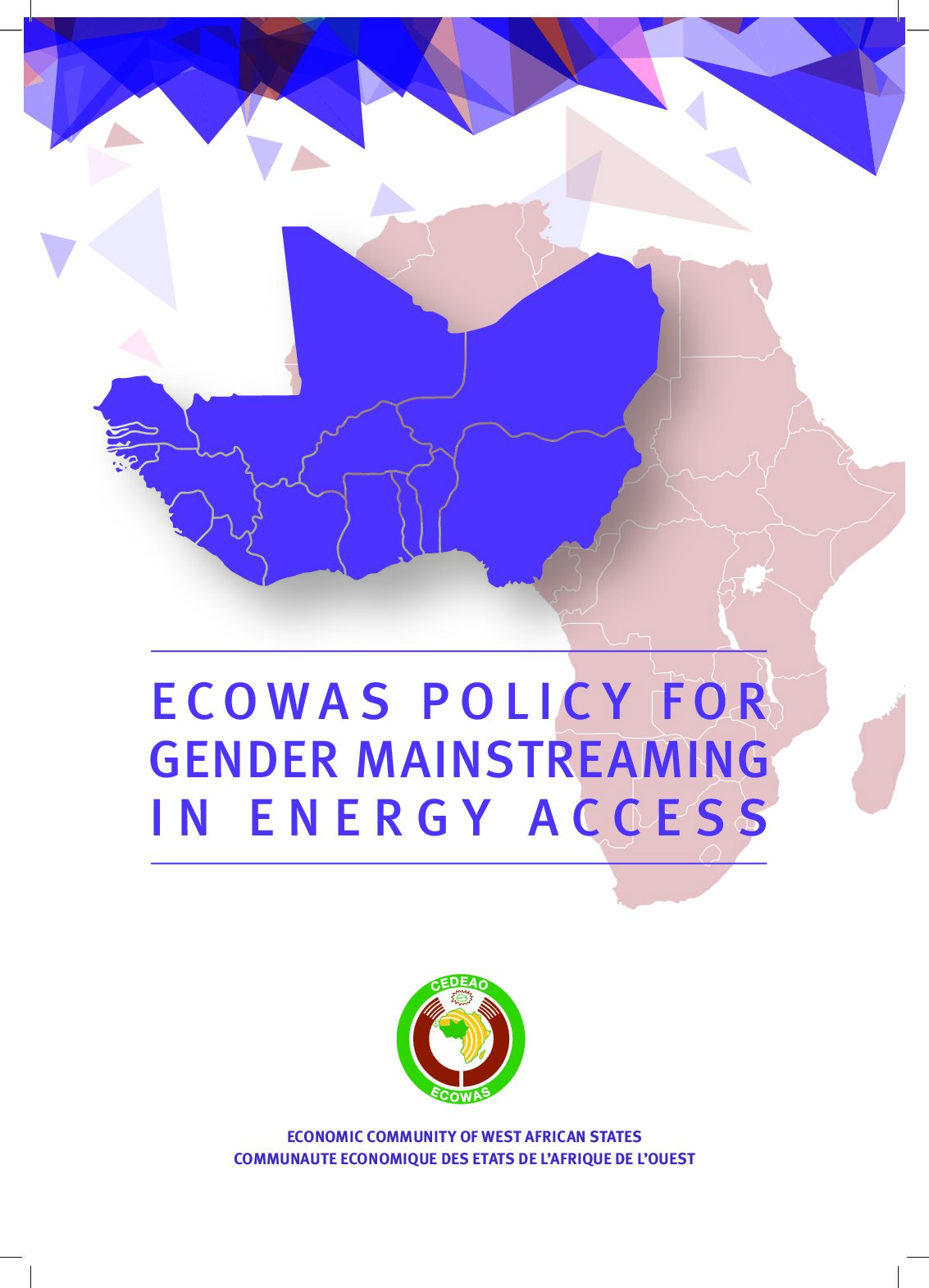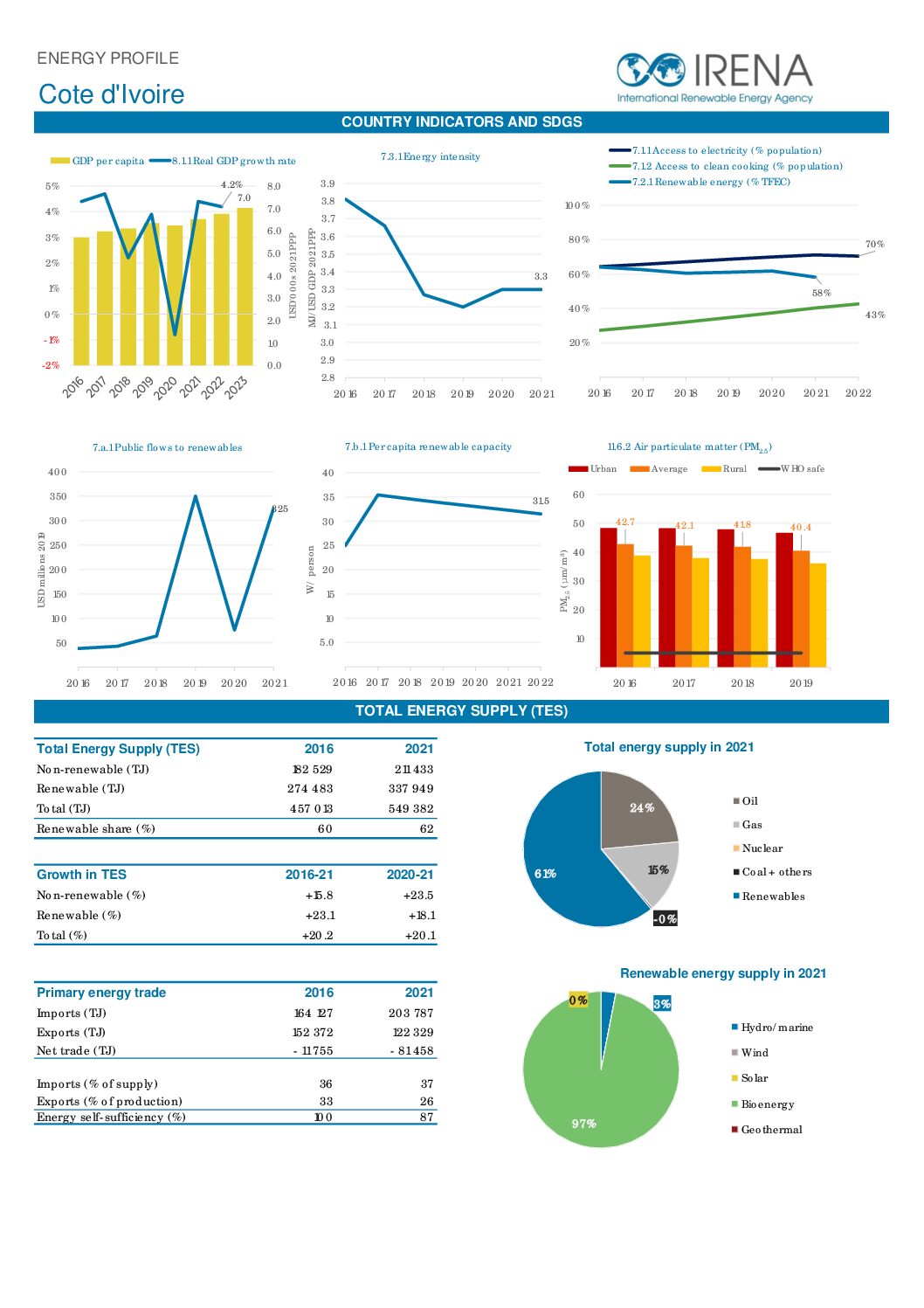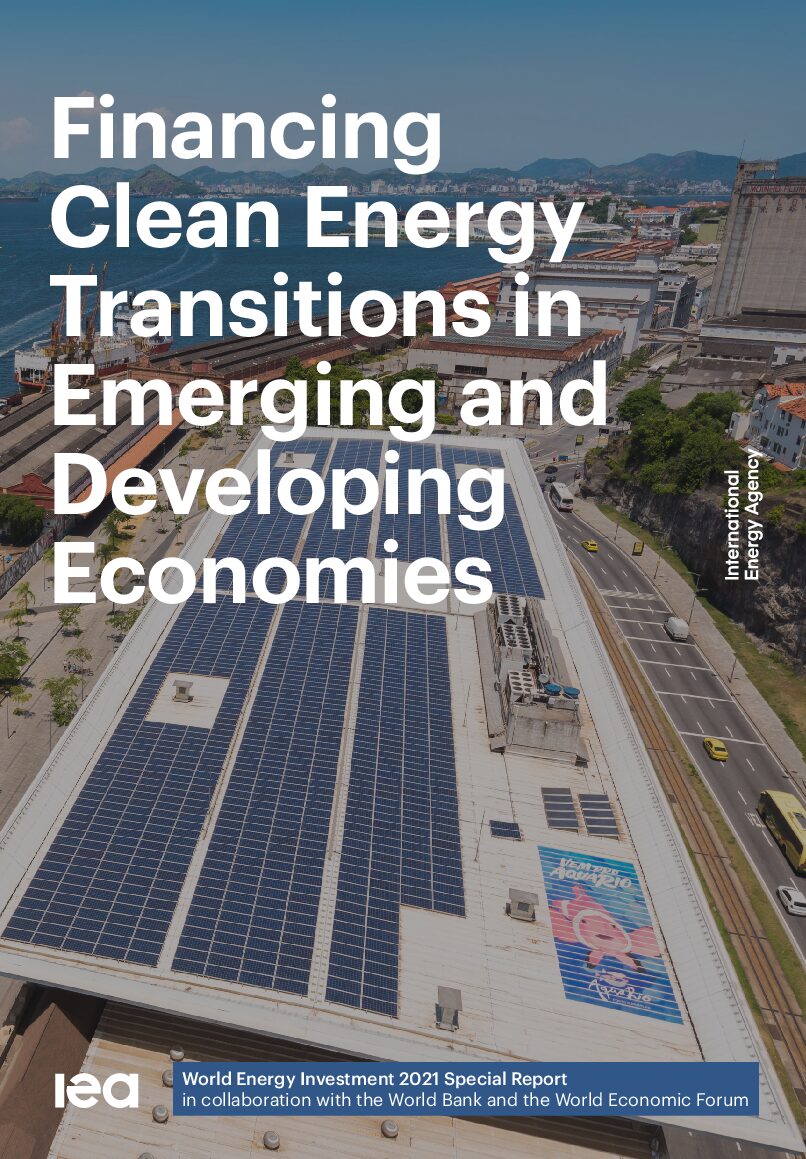This report analyses linkages in the water-energy-food-ecosystem nexus – essentially resource management trade-offs and synergies — in transboundary river basin settings. It draws on 36 nexus case studies from transboundary river basins in Europe, Asia, Africa and the Americas, providing lessons for transboundary management and cooperation.
This report assesses the impact of the Ivorian National Rural Electrification Programme on the lives and empowerment of rural women.
This report provides an extensive analysis of the Ivorian energy sector and the links with gender equality.
This is a good practice example of a regional policy that mainstreams gender equality concerns in energy access policies and programmes.
This web page provides an overview of the energy sector of Côte d’Ivoire, including data on the energy mix, energy use and emissions; and a policy overview.
This energy profile provides recent data on the energy sector of Côte d’Ivoire, including generation mix,total generation, renewable energy potential and more.
This brief provides a high-level overview of the status of Côte d’Ivoire’s off-grid solar markets, as well as relevant policies and programs.
This report draws on nearly 50 case studies, on different energy transition-related sectors and issues and from all over the world, to distill recommendations for priority actions to get more investment flowing to under-served areas.
This report examines the trends of renewable energy investment and finance in Sub-Saharan Africa (Chapter 2), driven by regional and national plans, targets and strategies for the sector (Chapter 3), and the policy environment for renewables in the region (Chapter 4).
The Green Cement Technology Tracker aims to support decision-makers and experts in policy and industry, academia as well as civil society, by tracking public announcements of investments in low-carbon cement technologies and presenting them transparently in one place.





